The Development of digital tourism at the Tebing Tegallinggah temple tourist attraction in Bedulu Village, Gianyar Regency, Bali
DOI:
https://doi.org/10.26905/jpp.v9i1.11660Keywords:
developments, digital tourism, tourist destinationsAbstract
Candi Tebing Tegallinggah is a tourist attraction located in Bedulu Village, Blahbatuh District, Gianyar Regency. Since it opened as a tourist attraction at the end of 2019, the level of tourist visits to Candi Tebing Tegallinggah is still relatively low, this is because access to information regarding the existence of Tebing Tegallinggah especially through online media is still very minimal. Story posts and reviews on social media regarding the existence of the Candi Tebing Tegallinggah are still very minimal, until March 2023 there were only 11 story posts and 26 reviews. Therefore, this research is very important to carry out to create a digital tourism website application in the development of the Candi Tebing Tegallinggah. Data collection in this research was carried out using in-depth interviews, observation, and document study methods. The data was analyzed descriptively and qualitatively using the digital tourism concept approach, the concept of potential tourist attractions, the concept of destination development, and the social action theory approach. The results of this research show that the potential tourist attraction of Tebing Tegallinggah is in the form of natural potential, cultural potential, and artificial potential. The digital tourism application for the Candi Tebing Tegallinggah tourist attraction takes the form of a website (https://canditebingtegallingah.id) which contains information regarding the location, history, and general description of the Candi Tebing Tegallinggah which contains virtual tour content. The development of Candi Tebing Tegallinggah as a tourist attraction has had a positive impact on the economy, socio-culture, and the surrounding environment. The application of digital tourism applications in developing the Candi Tebing Tegallinggah is expected to increase the number of tourist visits.
Downloads
References
Amelia, R., & Erawati, D. (2021). Tindakan Perubahan Sosial Remaja di Indonesia Terhadap “Korean Wafe†(Analisis Teori Max Weber).
Benyon, D., Quigley, A., O’Keefe, B., & Riva, G. (2014). Presence and digital tourism. 29(4), 521–529.
Buhalis, D. (2000). Marketing the competitive destination of the future. Tourism Management, 21(1), 97–116. https://doi.org/10.1016/S0261-5177(99)00095-3
Buhalis, D., & Jun, S. H. (2011). E-Tourism.
Cohen, E. (1984). The Sociology of Tourism: Approaches, Issues and Findings. 15(3).
Cook, R. A., Hsu, C. H. C., & Taylor, L. L. (2018). Tourism: The Business of Hospitality and Travel (Sixth Edit). Pearson.
Darsonoprajitno, H. S. (2002). Ekologi Pariwisata (1st ed.). Angkasa Bandung.
Fletcher, J. alan, Fyall; David, Gilbert; Stephen Wanhill. (2018). Tourism Principles and Practice. Pearson.
Gelter, H. (2017). Digital tourism-An analysis of digital trends in tourism and customer digital mobile behaviour.
Happ, É., & Ivancsó-Horváth, Z. (2018). Digital Tourism Is The Challenge Of Future. Knowledge Horizons, 10(2).
Heliany, I. (2019). Wonderful Digital Tourism Indonesia Dan Peran Revolusi Industri Dalam Menghadapi Era Ekonomi Digital 5.0. Destinesia : Jurnal Hospitaliti Dan Pariwisata, 1(1), 21–35. https://doi.org/10.31334/jd.v1i1.483
Kononova, O., Prokudin, D., & Tupikina, E. (2020). From e-Tourism to Digital Tourism. Terminologically Review.
Kotler, P., Kartajaya, H., & Setiawan, I. (2017). Marketing 4.0. In Gramedia. Gramedia Pustaka Utama.
Lytras, M., Ordóñez De Pablos, P., Damiani, E., & Diaz, L. (Eds.). (2011). Digital Culture and E-Tourism: Technologies, Applications and Management Approaches. IGI Global. https://doi.org/10.4018/978-1-61520-867-8
Pendit, N. S. (1994). Ilmu Pariwisata, Pengantar sebuah Perdana (Cetakan ke). Pradnya Paramita.
Pitana, I. G., & Diarta, I. K. S. (2009). Pengantar Ilmu Pariwisata (1st ed.). ANDI Yogyakarta.
Pitana, I. G., & Gayatri, P. G. (2005). Sosiologi Pariwisata (1st ed.). ANDI Yogyakarta.
Sukanadi, I. W., Lestari, D., Ayu Ekasani, K., & Ayu Natih Widhiarini, N. M. (2022). Storynomics Tinggalan Arkeologi: Mediasi antara Motivasi dan Minat Berkunjung ke Candi Tebing Tegallinggah Desa Bedulu Gianyar Bali. Jurnal Kajian Bali (Journal of Bali Studies), 12(2), 450. https://doi.org/10.24843/JKB.2022.v12.i02.p07
Sulistyadi, Y., Eddyono, F., & Entas, D. (2019). Pariwisata Berkelanjutan Dalam Perspektif Pariwisata Budaya di Taman Hutan Banten (p. 127). Uwais Inspirasi Indonesia.
Sunarta, I. N. (2021). Pengantar Geografi Pariwisata. Uwais Inspirasi Indonesia.
Suryadana, M. L. (2013). Sosiologi Pariwisata: Kajian Kepariwisataan dalam Paradigma Integratif-Transformatif Menuju Wisata Spiritual. In Humaniora.
Suryajaya, M. (2018). Wonderful Indonesia: Revolusi Tour & Travel Digital. Elex Media Komputindo.
Utama, I. G. B. R. (2014). Pengantar Ilmu Pariwisata. Deepublish.
Wisnawa, I. M. B., Kartimin, I. W., & Hartini. (2023). Brand dan E-Marketing Pariwisata (1st ed.). Deepublish.
Yoeti, H. O. A. (2003). Pengantar Ilmu Pariwisata. Angkasa Bandung.
Downloads
Published
How to Cite
Issue
Section
License

This work is licensed under a Creative Commons Attribution-ShareAlike 4.0 International License.


